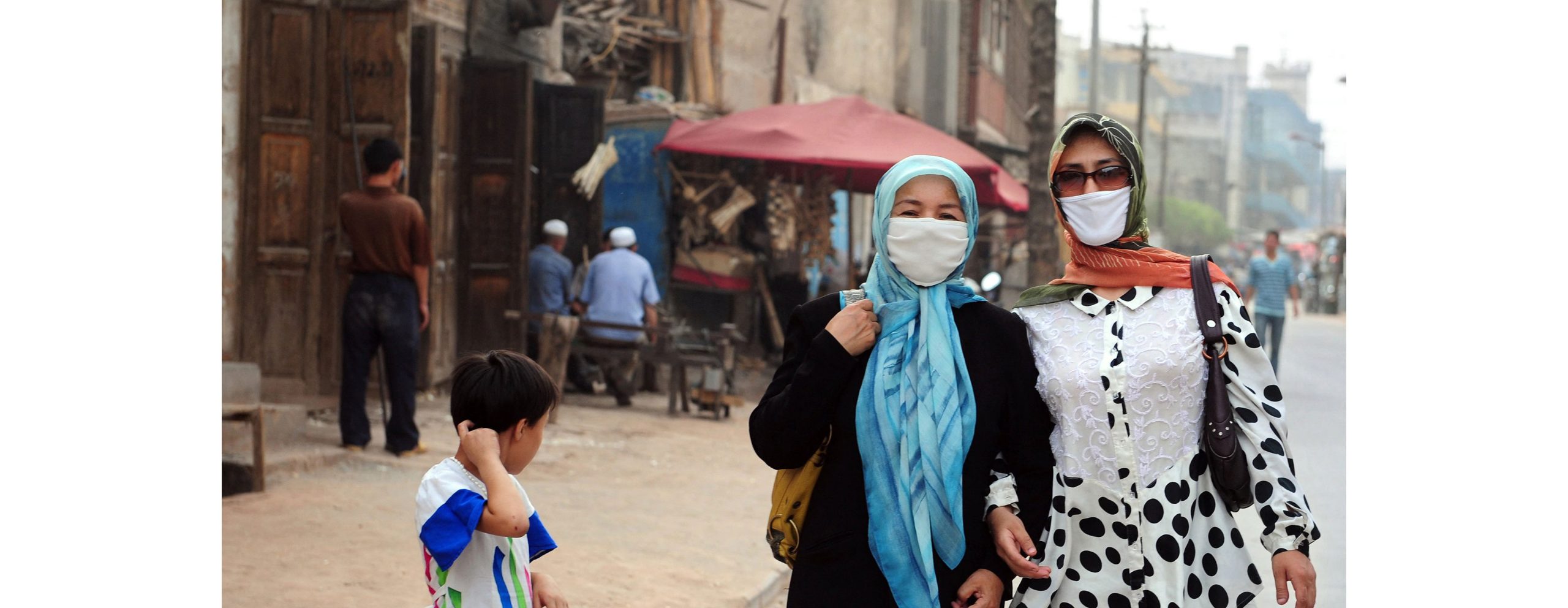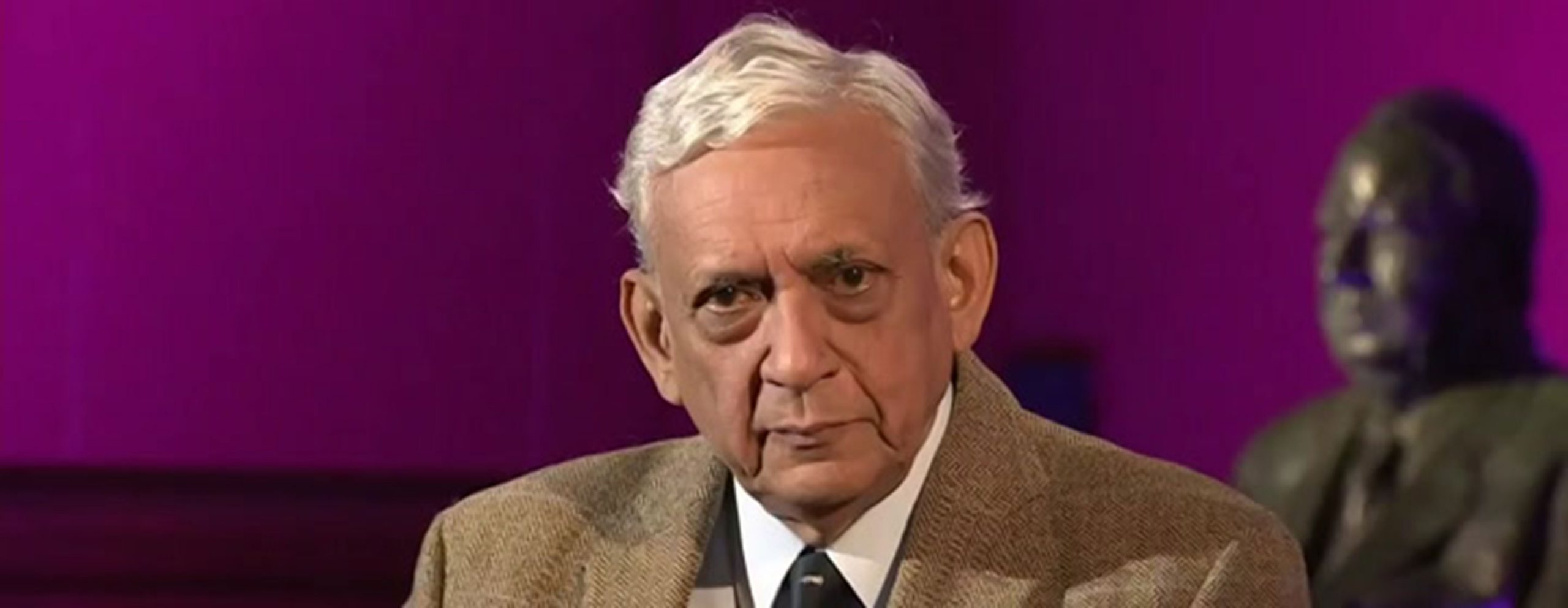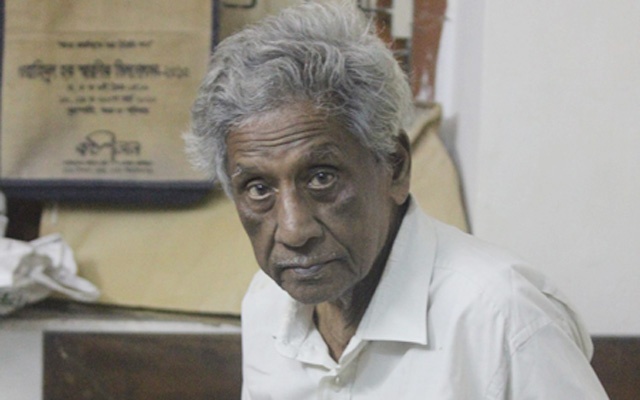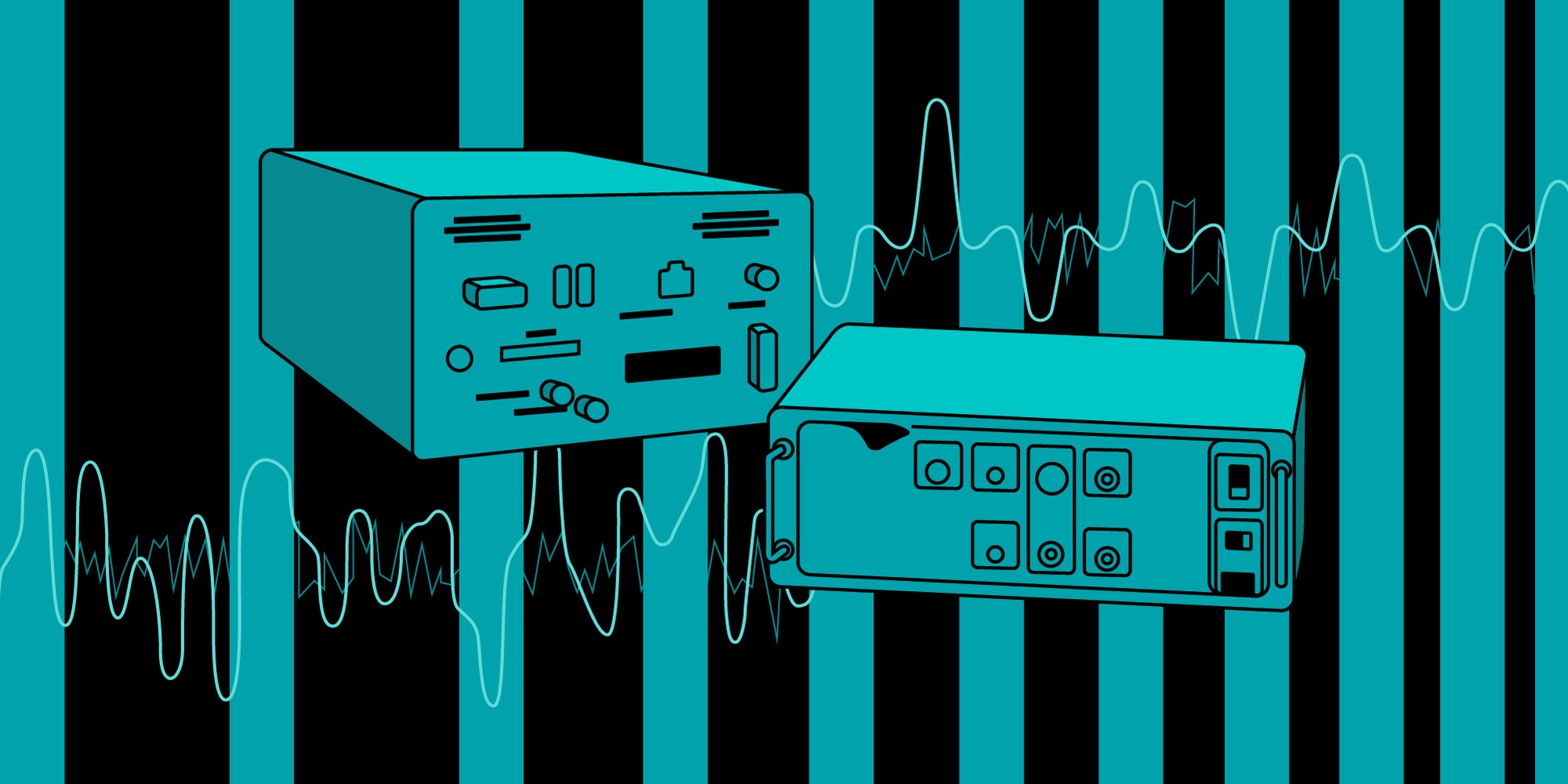A leader, however great, greatest or the very greatest, needs to be discussed, explored and learned from—not blindly followed. We do that leader, and his legacy, a disservice when we subject him to senseless adulation and the banality of our past-bound mind. This is an issue that needs to be discussed as we approach the birth centenary of Bangabandhu Sheikh Mujibur Rahman, which will be in exactly one year’s time. We need to ask ourselves: how do we honour and carry on the legacy of Bangabandhu? Is it through an objective assessment of his life and work or through blind adulation?
Fifty years is probably a long time in a man’s life but not for a nation. In Bangladesh, which will celebrate the golden jubilee of its independence in 2021, the memory of our independence struggle is still too fresh in our mind to be viewed without some degree of passion. But this should not be an impediment to undertaking a dispassionate, wide-ranging study of the architect of our independence, given the changing realities of the twenty-first century.
For those of us born in the 80s and early 90s, the so-called millennials, Bangabandhu was a story narrated to us through a carefully chosen medley of pictures, historical accounts, audio clips and video footage. It kept you in awe of the person. It kept you at a distance. We were raised to bow before his altar without really understanding him, and marvel at his greatness without knowing, beyond the highlights of his career, what made him great to his people. He was, for us, not someone we could easily relate to—a mortal man with human triumphs and failings—but one shrouded in reverent mystique. Had he been alive today, Bangabandhu would have found this deification quite distasteful.
Throughout his life, Bangabandhu was known for his remarkable affinity with ordinary people. The ease and candour with which he interacted with them is legendary. And this closeness with his people was his greatest strength as well as his greatest inspiration in the fight for independence. He was everyone’s Mujib Bhai. He commanded their respect—not forced it upon them.
He was not beyond human frailties. Sometimes he learned from his mistakes—sometimes he didn’t. Sometimes he made bad judgment calls, distanced himself from trusted aides. Sometimes his decisions had had the inadvertent effect of isolating those very people he so loved and fought for.
However, like many revolutionaries who later became statesmen, Bangabandhu too was not without his share of slips and mistakes. He was not beyond human frailties. Sometimes he learned from his mistakes—sometimes he didn’t. Sometimes he made bad judgment calls, distanced himself from trusted aides. Sometimes his decisions had had the inadvertent effect of isolating those very people he so loved and fought for. Those were not his brightest moments—those were his “human” moments. But this is precisely what makes him relatable for a millennial who would like nothing better than to see someone they can identify with—a people’s man capable of greatness, who triumphed over his weaknesses and obstacles to become “Bangabandhu” (Friend of Bengal).
We often seem to forget that the way to appreciate a great leader is not by ignoring his past deeds or his humanity, but by acknowledging them and trying to understand how those helped him become the man he was meant to be. A leader doesn’t have to be flawless to command his people’s respect. Englishmen do not deny that up to four million Bengalis starved to death in 1943 when Winston Churchill, voted the “Greatest Briton” of all time, diverted food to British soldiers and other countries while a deadly famine swept through Bengal. This is the same person who saved Europe in the World War II. It might seem bizarre that, right after leading the allies to victory in the war, Churchill’s Conservative Party took a crushing defeat at the hands of Clement Attlee’s Labour Party in Britain’s 1945 election.
The irony is, many leaders who led their nations to their most glorious moments had to face the bitter test of time as their legacy was challenged and subjected to harsher interpretations—sometimes as an opposite reaction to their deification. In India, Gandhi’s legacy is no longer secure. Many including writer Arundhati Roy have indicted Gandhi, the leader of the Indian independence movement, for his failure to unequivocally condemn oppressive gender relations or the Hindu caste system, calling him a “Saint of the Status-Quo.” Similarly, Mustafa Kemal Ataturk, who transformed Turkey from a predominately Islamic nation into a modern secular state, is now at the centre of wide-reaching ructions over the role of religion in the country.
Mao Zedong, the founding father of the People’s Republic of China, is another good example. What was once unthinkable is now happening as the Great Helmsman’s legacy is being challenged, despite punitive measures put in place by the communist regime. Political movements launched by Mao such as the Great Leap Forward and the Cultural Revolution are, in the present day, officially regarded as a “severe setback” for the Communist Party of China. Even though Mao and his descendants mounted campaigns that developed China and simultaneously elevated his cult of personality, many in present-day China associate his legacy with mass murder and violent class struggle.
The challenge of the post-truth age is that no legacy is innately secure, and truths in politics are invariably partial and contingent. In post-truth politics, you appeal to emotion rather than objective facts to shape public opinion. Emotion excites the mind and lasts for some time but for a lasting impact, there is no alternative to a narrative based on facts and truths. Bangabandhu as a subject of study should be approached with an openness to embrace truths, however unflattering
The challenge of the post-truth age is that no legacy is innately secure, and truths in politics are invariably partial and contingent. In post-truth politics, you appeal to emotion rather than objective facts to shape public opinion. Emotion excites the mind and lasts for some time but for a lasting impact, there is no alternative to a narrative based on facts and truths. Bangabandhu as a subject of study should be approached with an openness to embrace truths, however unflattering.
His greatness lies in the fact that he transcended his weaknesses as a person with his love and sacrifice for his country as a leader. He achieved greatness before greatness was ceremonially thrust upon him. He was loved before love for him was made mandatory. In these divisive times, his humility, his closeness with the people, and his ability to be ordinary are examples worth emulating. His weaknesses should be explored, and embraced, in the same manner that his strengths and achievements are treated, because that’s what makes him complete as a human being and consequently more relatable. That’s what can ensure greater durability of his legacy.
Bangabandhu didn’t want an altar, to be awed and viewed from a distance. He just wanted to be amongst his people. To truly honour his legacy, it is necessary that he be rid of the cultist praise and messianic adulation, and be subjected to broader and more nuanced and personal interpretations. Demagoguing his image for petty personal and political benefits might be counterproductive in the long run.
সম্মৃদ্ধ জাতি গঠনের জন্য চাই উন্নত চিন্তা। গনতান্ত্রিক দেশ ও সমৃদ্ধ জাতি গঠনে শুধু তথ্যযুদ্ধ এবং ইস্যু দিয়ে ইস্যু চাপা দেয়া নয়, দরকার মননশীল সাংবাদিকতা। একতরফা ভাবনা বা মতের প্রতিফলনের বাইরে সত্য ও প্রজ্ঞার সন্নিবেশ ঘটাতে বিশ্লেষণী সাংবাদিকতার কোন বিকল্প নেই। কিন্তু এই উদ্যোগ আপনাদের সক্রিয় অংশগ্রহণ ছাড়া সম্ভব নয়। ডোনেট করুন এবং বুদ্ধিবৃত্তিক জাতিগঠনের গণতান্ত্রিক সংগ্রামে অংশীদার হোন।
মোবাইল ব্যাংকিংঃ Bkash & Nagad (personal): 01677014094
https://paypal.me/jobanmedia














